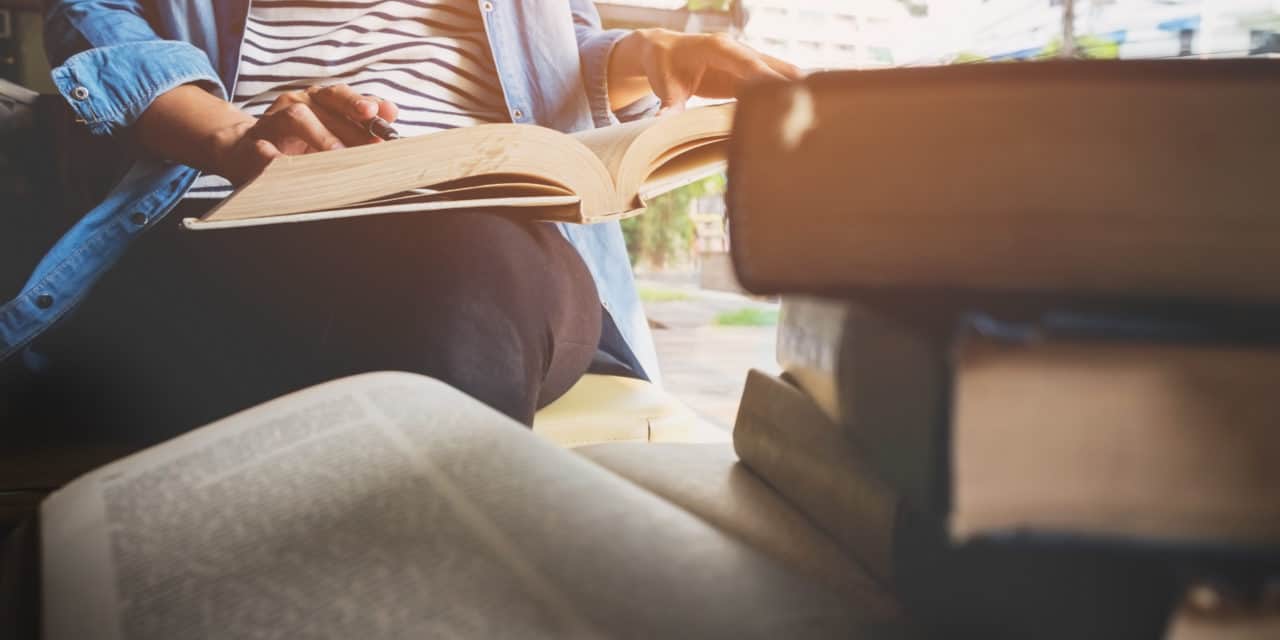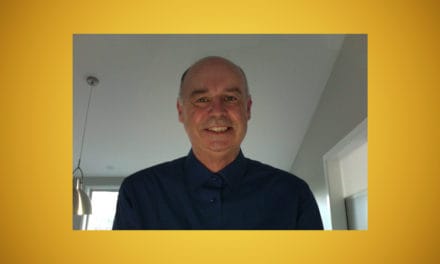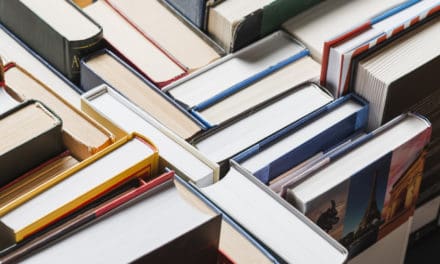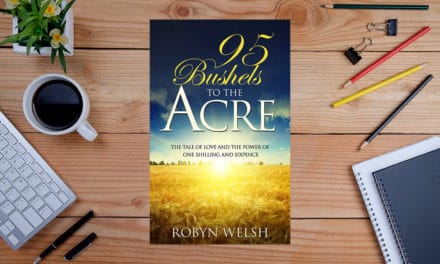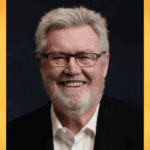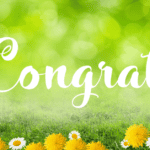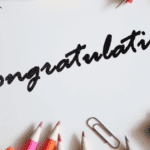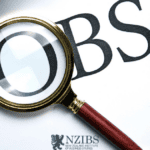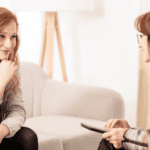Americans wrote letters to English teacher Jim Burke to share their ideas on reading which he published in his book I Hear America Reading.
Dear Mr Burke,
My name is Rose Hayden, 32, and I’m a youth development advisor at the University of California. I love what I do because it enables me to work with young people on a local level and actually see the positive changes they make in their lives and communities. My husband is a partner in a large law firm and specialises in transactional law, which is the kind of precise, quiet stuff you don’t see on LA Law. My feelings about books and literacy are so strong, they have become a defining part of who I am. I’m one of the lucky ones. I’ve always loved books more than anything. Yes, anything. I have several brothers and sisters who are also avid readers. But I think that’s mostly due to the fact that in our chaotic household, the kid reading was less likely to be asked to do a chore. (With six kids, there were always lots of chores.) Reading has always been—and is still— a sacred activity in my family. Perfectly OK to spend an entire day doing it.
As a child, I read to escape because my home life was not wonderful. Like many kids, my family dealt with divorce, drug and alcohol abuse, and occasional violence. But when it got bad, I could always pull out Little Women and live with a family that was loving, at least for awhile. It was a place where fathers didn’t yell and mothers didn’t drink, and the idea of family was sacred. Books kept me alive and gave me hope. I lived on an Air Force base during the Vietnam War, and many of my friends’ fathers were pilots who were killed in action. I was seven, eight, nine and I couldn’t understand this war, and the way it was portrayed on TV made no sense to me.
My father flew and lived; their fathers flew and died. I was terrified. So I spent months reading about war, and other people’s experiences with war. Because the Vietnam War was too immediate, I studied the US Civil War. At age nine, I insisted that my parents buy me a subscription to the Civil War Times magazine. They did (to their credit, they always encouraged education and reading). Through reading, I was able to deal with my fears. My father made it through, and so did I.
I learned how to deal with emotions through reading. The town I spent most of my childhood in was small— 2,500 people— and extremely impoverished. There was nothing to be proud of. It was an unattractive place, far removed from the mainstream (40 miles to the nearest doctor or movie), and full of people who had lost hope. But I could travel! I read and read and read and learned and learned and learned. When I finally made it to London (after college graduation), I knew my way around because I’d been there in books so many times.
As an adult, reading has become no less important to me. My parents grew up in the South, and were young adults during the Civil Rights era. It was a painful period for them, and they were reluctant to share their experiences with me. So I found a book a few months ago called Growing up Black in Mississippi (by Ann Moody). It was a true account of a young woman’s experiences.When I shared with my parents that I had read this book and my perception of what their experiences must have been, it was like a dam had broken. We’ve had several good discussions, and I understand their pain and experiences now, and I have a better understanding of a critical time in our country’s history.
Last year, I completed a masters degree in education at the University of California. My thesis was on reading because I wanted to understand how people learn to read and learn how to teach people this most important skill.I’ve also worked as a librarian to earn the money to put myself through college, a writer, and a public relations manager (to try to influence more readers). Interesting careers, and all related to reading. I read each day. For pleasure and/or information, a minimum of 2-3 hours each day, including two newspapers. I also usually have two three four books going at any one time. For work and/or information, another 3-4 hours a day. If I have to, I skip sleep rather than lose reading time. Reading replenishes me more, and I need it to live. I read books about all kinds of things: fiction, non-fiction, poetry, you name it. I have a great collection of children’s books. On my coffee table this week: No Man Is An Island; Motoring with Mohammed; Fatal Vision; The Measure Of Our Success; Penn & Teller’s How To Play With Your Food; The Crown Of Columbus; Why We Read And What We Read and The Complete Bookseller’s Guide. (I had considered that as a next career, but I can’t seem to bear to part with a book, so that’s out.) I’m addicted to reading.
I can’t sit still without reading. Even when I watch TV I’m reading. At breakfast, if there’s no reading material available, I’ll read the box. I’m addicted, absolutely and totally. I suppose all addictive behaviour is bad, but given a choice of drugs, alcohol or other negative things, I view this as a positive addiction. My husband doesn’t worry about me going to the mall; it is the book stores he’s concerned about. (He should be: I have several thousand books in my collection, representing a wide variety of genres and writers.
We also take 12 magazines at home each month, ranging from National Geographic and Surfing to the UC Berkeley Health Newsletter and Sunset. My husband is an avid reader too, and it hasn’t hurt him either. He’s a handsome, football playing, surfing, rock-n-roller with an electric guitar who took me to see the Grateful Dead three times on our honeymoon. You can read and not be a geek. If you read a lot and well and get a good education, you can make a great deal of money and more importantly, have a great deal of job satisfaction. We do. I do a lot of volunteer work with literacy and ESL students.
I have to tell you: I’ve never met an illiterate person who is an economic success.
The correlation between illiteracy and poverty is very high. Stay illiterate = stay poor. Money aside, illiteracy hurts us in other ways. The real power in this world is knowledge, and until they can pump it directly into our veins, the only way to gain knowledge and make wise decisions (especially as consumers) is to read. People who don’t read don’t know. When you don’t know, you don’t vote. If you don’t vote, you don’t have a voice. And so it goes on and on and on. Knowledge really is power.
For many years, those who taught black slaves to read were severely punished. Frequently, the slaves were put to death. There has always been a great fear on the part of autocrats that an informed populace presents a real danger, a perceptible threat to power. It does, and in a democracy like ours, it should. The idea of public education in our society was based on the idea that people are responsible to their country. The responsibility of a citizen is to be well-informed, and an active participant in democracy. You can’t fully participate in this democracy— or this economy— unless you read.
Why read?
Reading is free (if you use your library), ecologically sound, good exercise (carry a stack of books to and from the library, I prop a book on my exercycle and pedal) and politically correct. You can travel anywhere with anyone in any time, at any time, just by opening the pages. It can also be a shared experience. We read to each other, or sometimes have a book on tape. It was an inexpensive dating strategy I used.
If I could give you just one gift, leave you just one legacy in this world, it would be to infuse in you an absolute passion for the written word. To have you pick up a book and let it take you someplace you’ve never been. To get you into the habit of reading something each day, even a few pages. It’s a gift to yourself and to your future.
My best wishes,
Rose Hayden

